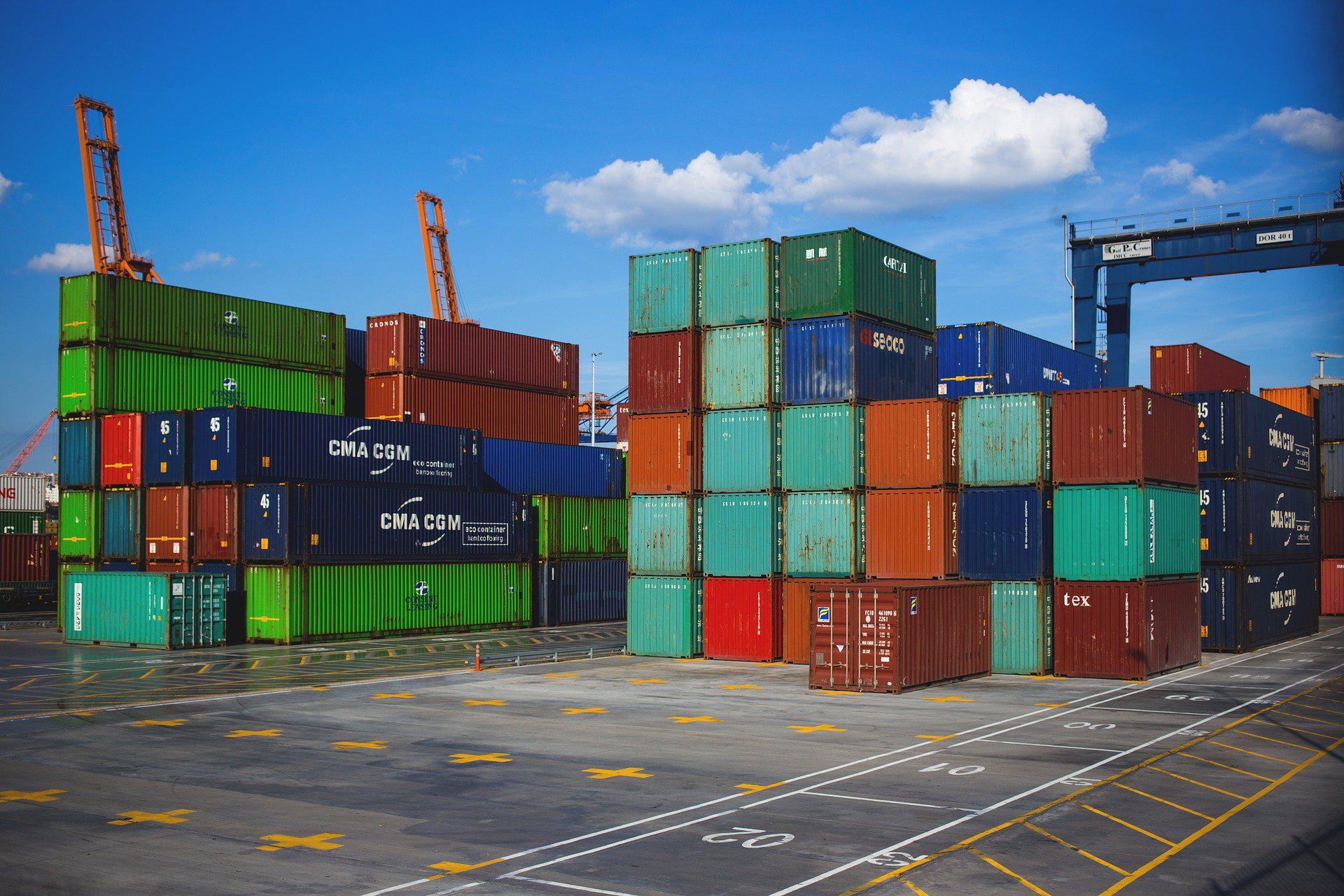
To begin the import process, we must follow a series of legal and bureaucratic steps to liberalize the entry of goods into the country. In addition to working with reliable suppliers and affordable prices for your business, F3 Import Export helps you manage the seven steps necessary to carry out the import:
1 - Qualification in SISCOMEX (RADAR)
To qualify, your company's CNPJ must be duly regularized with the Federal Revenue Service. The Integrated Foreign Trade System (Siscomex) is the Federal Revenue system responsible for integrating registration, monitoring and control activities within foreign trade. The tool allows monitoring the entry and exit of goods in the country, as well as enabling the exchange of information between the importer and the bodies responsible for authorizing and supervising the process.
2 – Market Intelligence
Market intelligence consists of analyzing data and information in order to choose the suppliers that are most compatible with your demand and/or that of the customer.
3 – Administrative, Tax and Fiscal Study
In this section we analyze the tax classification of the product, logistics and operation costs. Based on the HS Code, the harmonized system code, the NCM (Common Mercosur Nomenclature) is the eight-digit code used to identify the nature of goods in Mercosur. At the same time, all costs that the process will have are quoted and analyzed, from taxes that affect the nationalization process, as well as a simulation of all port and maritime fees that will apply when the merchandise arrives in Brazil.
4 – Inspection and Approval
Homologation consists of on-site verification of the quality of the process and the supplier's production capacity. At this stage, certificates, safety standards, machinery conditions and information are presented that allow the analysis of the supplier's ability to meet customer demand.
5 – Import License and Import Declaration
Some products require an Import Licensing to enter the country, this document must be issued with the approval of the Brazilian body competent to analyze the type of product that will be imported.
If the product does not require Licensing, the Import Declaration must be registered, which consists of providing information corresponding to the import operation, through Siscomex.
6 – Analysis of International Documents
During the import process, draft documentation is issued that needs to be adapted according to Federal Revenue guidelines so that the importer can release the goods through Brazilian customs. Documentation includes: Invoice, Packing List, Certificate of Origin and Bill of Lading. The document checking process is one of the essential stages of importation, as the existence of any documentary error can harm the process of nationalizing the merchandise, resulting in fines and administrative proceedings.